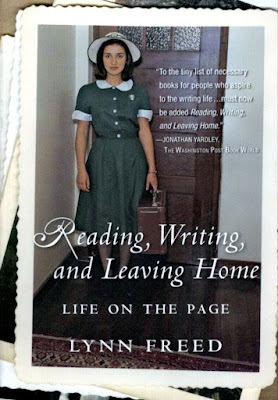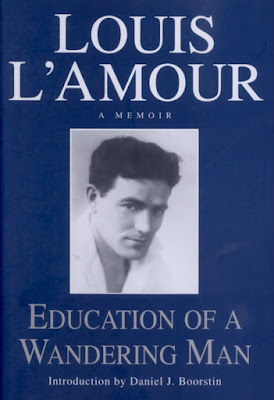What Kind of Idiot Becomes A Teacher?
.jpg)
She sat on the other side of my desk, well dressed, perfectly made up. The sunlight slanted through the blinds on a late fall afternoon. Parent-teacher conferences. “Your daughter’s doing well,” I started. “She needs to keep up her effort and study, and she should continue to do well.” “Yeah, but, I’m concerned about her future. I want her to do something that will make me proud.” “Doing well in an Advanced Placement course is something to be proud of.” “No, I want her to do something in the future so I don’t have to hang my head in shame.” “What would she ever do to shame you?” I asked quietly. “She wants to be a teacher.” “What’s wrong with being a teacher?” The woman smiled nervously. “Please don’t take this the wrong way,” she sighed, “but what kind of person wants to be a teacher? I mean you work for peanuts, no respect, no prestige, you deal with kids all day, everyone hates you because you assign homework and grade them hard. I always thought people who teach did so because the
.JPG)
.JPG)


.jpg)


